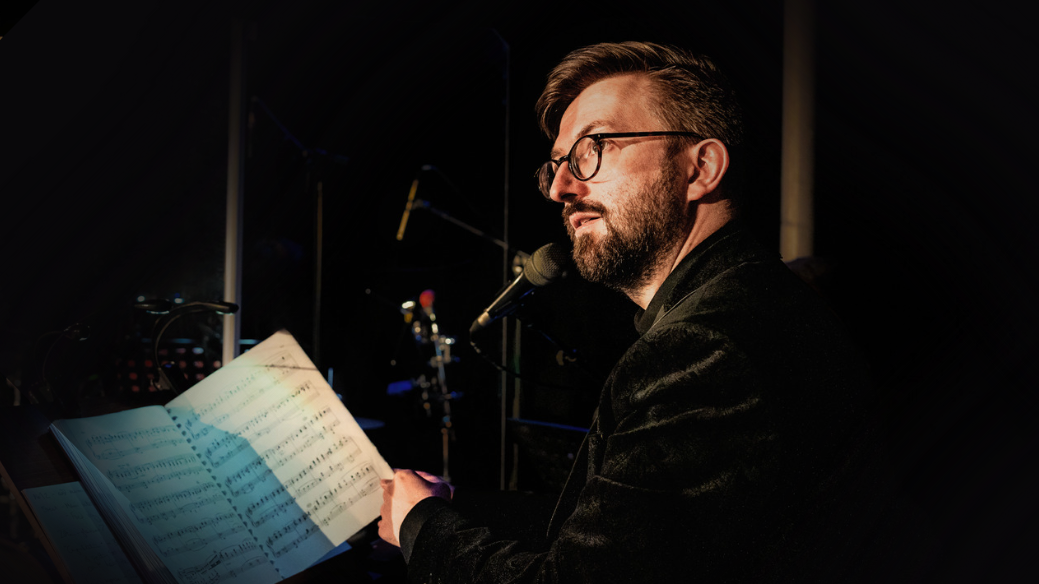Researching Salad Days (for the posts here and here) made me curious about other longest running musicals. Except, all the information I could find was about the current longest running musicals. I quickly realised there wasn’t a breakdown of productions which became the longest running show at the time, before they were overtaken.
So here it is, the longest running shows of the last 150 years. The answers might surprise you:
The Last Fifty Years
At the time of writing, I expect you’re familiar with 1980s behemoths
Les Mis and perhaps Cats as longest-running productions. Before them was Jesus Christ Superstar which was at the top of the tree for about a decade.
Les Miserables
- Dates: 1985 – Present
- Longest Running in: 2006
- Performances: Currently over 15,000
An adaptation of the sprawling French novel about a petty thief, Jean Valjean, who starts a new life in search of redemption while being chased by single-minded policeman, Inspector Javert.
A through-sung melodramatic musical reminiscent of the extravagant musical comedies of the Edwardian Era, it also features romantic young lovers, comedy ‘villains’ and a dramatic staging of revolutionary uprising. The production has been revised, refreshed and restaged countless times during its nearly uninterrupted run and has become a hit worldwide.
Cats
- Dates: 1981 – 2002
- Longest running in: 1989
- Performances: 8,949
Andrew Lloyd Webber’s dance-musical based on the 1939 poetry collection Old Possum’s Book of Practical Cats by T. S. Eliot.
Told through song and dance, a group of cats meet to decide which is to ascend to the ‘heaviside layer’ and become ‘reborn’. Each candidate in turn performs a song about themselves or another character. Without a plot as such, it’s more of a staged song-cycle through the medium of dance. In some ways, it’s more of a continuous revue than a musical, but is neverlessless a compelling spectacle and often revived.
Jesus Christ Superstar
- Dates: 1972-1980
- Longest running in: 1978
- Performances: 3,358
Lloyd Webber again, this time with Tim Rice telling the story of Jesus’ last days as a through-sung rock opera.
It started out as a concept album and its first licensed US performance was in concert, as an oratorio. King Herod’s song is written in ragtime, a 1920s tribute Lloyd Webber had similarly made with Potiphar in Joseph and his Amazing Technicolour Dreamcoat. His later musical Jeeves/By Jeeves would be almost wholly composed in a ‘1920s-ish’ idiom.
Before Andrew Lloyd Webber
Oliver!
- Dates: 1960 – 1966
- Longest running in: 1965
- Performances: 2,618
Lionel Bart’s smash hit simplified retelling of Charles Dickens’ novel. Lloyd Webber described Bart as ‘The father of the modern British musical’ and while he never achieved the same success with another show, its undeniable that Oliver! ushered in a new era of musicals and influenced many subsequent productions.
Salad Days
- Dates: 1954 – 1960
- Longest Running in: 1960
- Performances: 2,283
Full of post-war optimism, Julian Slade and Dorothy Reynold’s fresh-faced Salad Days captured a spirit in London, as it had in its home at the Bristol Old Vic. Combining elements of revue with musical comedy in a distinctly homegrown ‘British’ way, the story of a magical piano that makes people dance stood up to the influx of Broadway musical imports.
Chu Chin Chow
- Dates: 1916 – 1921
- Performances: 2,239
The runaway success of the First World War, buoyed by soldiers on leave in the audience and scantily-clad chorus girls onstage. With music by Frederick Norton, Oscar Ashe’s extravaganza was based on Ali Baba and the 40 Thieves and inspired by the success of Edward Knoblock’s play Kismet (itself turned into a musical in the 1950s).
A Chinese Honeymoon
- Dates: 1901 – 1904
- Performances: 1,075
A Chinese Honeymoon, continuing the British fascination with ‘orientalism’, was the first musical to play 1000 performances. The plot concerned an Emperor who sends an Englishman (who happens to be the Lord High Admiral of the Chinese Fleet) to find him a wife. He returns empty handed and has to avoid punishment.
There are also holidaying couples who fall foul of the anti-kissing laws, a clear influence of Gilbert & Sullivan’s The Mikado 25 years earlier.
Music was by Howard Talbot (who later co-composed The Arcadians) and Ivan Caryll (Our Miss Gibbs and many other Edwardian musical comedies).
Nineteenth Century
Dorothy
- Dates: 1886 – 1889
- Performances: 931
A forerunner of the Edwardian musical comedies, Dorothy (in which a rake falls in love with his disguised fiancée) was billed as a ‘comic opera’ like Gilbert & Sullivan’s collaborations. The music was composed by Alfred Cellier, who worked closely with Sullivan.
Dorothy was so successful, it paid for the building of the Lyric Theatre, where the production transferred in 1888.
Les Cloches de Corneville
- Opened: 1878
- Performances: 708
Frenchman Robert Planquette’s opera-comique was set at the turn of the 18th century, and concerned the return of an exiled aristocrat to his ancestral castle, the machinations of the miserly steward to secure the family’s fortune for himself, and the changing amorous pairings of the four juvenile leads.
Like Les Miserables, the work had had a run in Paris before coming to London. Unlike Les Mis, however, it was an enormous success.
Honourable Mentions
It’s worth mentioning a few other long-running shows that missed out on the title, such as The Mikado, The Maid of The Mountains, The Arcadians, My & My Girl, and Charlie Girl, but they’ll have to wait for another post…
